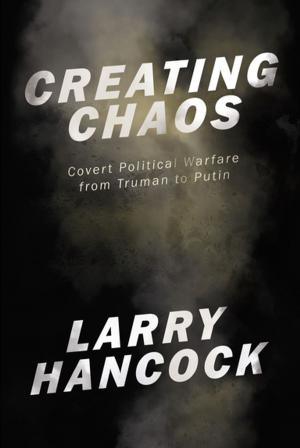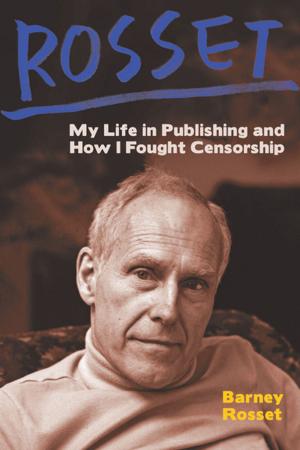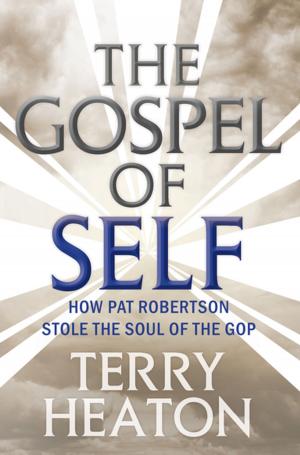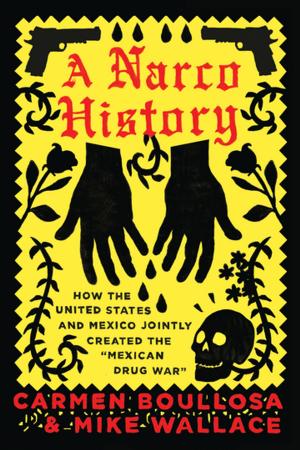| Author: | Norman G. Finkelstein | ISBN: | 9780984295043 |
| Publisher: | OR Books | Publication: | March 31, 2010 |
| Imprint: | OR Books | Language: | English |
| Author: | Norman G. Finkelstein |
| ISBN: | 9780984295043 |
| Publisher: | OR Books |
| Publication: | March 31, 2010 |
| Imprint: | OR Books |
| Language: | English |
For the Palestinians who live in the narrow coastal strip of Gaza the December 2008 Israeli invasion was a nightmare of unimaginable proportions: in the 22-day-long action 1 400 Gazans were killed several hundred on the first day alone. More than 6 000 homes were destroyed or badly damaged. The cost of the destruction and disruption of economic life in one of the world's poorest areas is estimated at more than 3 billion.And yet while nothing should diminish recognition of Palestinian suffering through these frightful days it is possible something redemptive will emerge from the tragedy of Gaza. For as Norman Finkelstein details in a concise work that melds cold anger with cool analysis the profound injustice of the Israeli assault has been widely recognized by organizations impossible to brand as partial or extremist.Amnesty International Human Rights Watch and the UN investigation headed by Richard Goldstone in documenting Israel's use of indiscriminate and intentional force against the civilian population during the invasion (100 Palestinians died for every one Israeli) have had an impact on traditional support for Israel. Jews in both the United States and the United Kingdom for instance are beginning to voice dissent and this trend is especially apparent among the young.Such a shift Finkelstein contends can result in new pressure capable of moving the Middle East crisis towards a solution one that embraces justice for Palestinians and Israelis alike. The seeds of hope were thus sown in the bitter anguish of Gaza. "This Time We Went Too Far" written with Finkelstein's customary acuity and precision will surely advance the process it so eloquently describes.
For the Palestinians who live in the narrow coastal strip of Gaza the December 2008 Israeli invasion was a nightmare of unimaginable proportions: in the 22-day-long action 1 400 Gazans were killed several hundred on the first day alone. More than 6 000 homes were destroyed or badly damaged. The cost of the destruction and disruption of economic life in one of the world's poorest areas is estimated at more than 3 billion.And yet while nothing should diminish recognition of Palestinian suffering through these frightful days it is possible something redemptive will emerge from the tragedy of Gaza. For as Norman Finkelstein details in a concise work that melds cold anger with cool analysis the profound injustice of the Israeli assault has been widely recognized by organizations impossible to brand as partial or extremist.Amnesty International Human Rights Watch and the UN investigation headed by Richard Goldstone in documenting Israel's use of indiscriminate and intentional force against the civilian population during the invasion (100 Palestinians died for every one Israeli) have had an impact on traditional support for Israel. Jews in both the United States and the United Kingdom for instance are beginning to voice dissent and this trend is especially apparent among the young.Such a shift Finkelstein contends can result in new pressure capable of moving the Middle East crisis towards a solution one that embraces justice for Palestinians and Israelis alike. The seeds of hope were thus sown in the bitter anguish of Gaza. "This Time We Went Too Far" written with Finkelstein's customary acuity and precision will surely advance the process it so eloquently describes.















